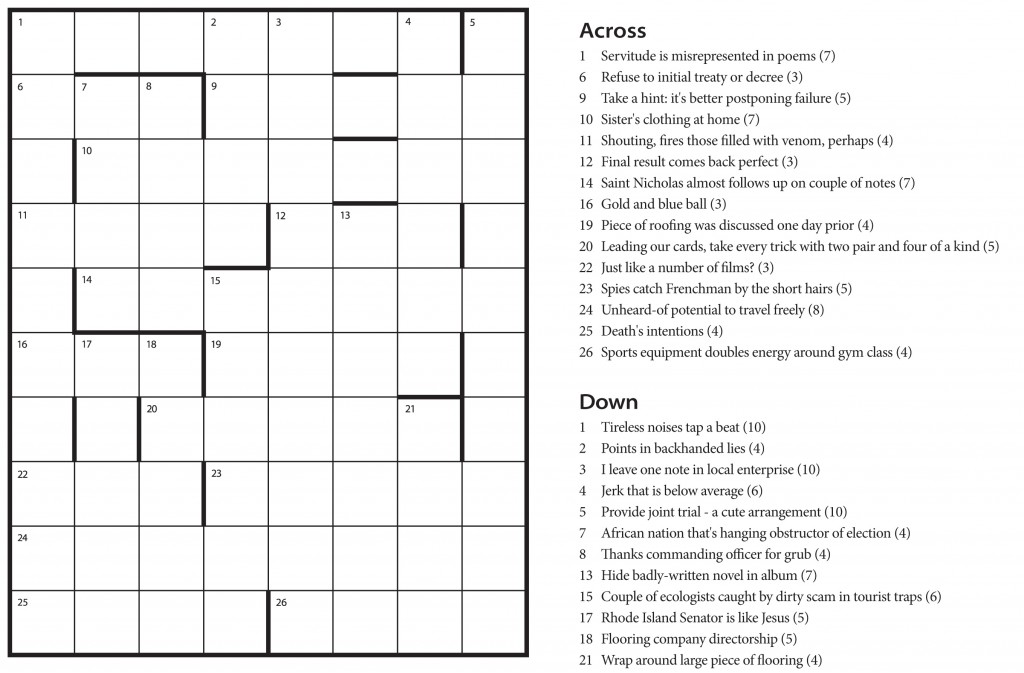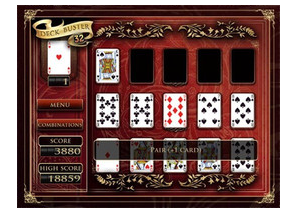 Over last couple of days, I’ve been working on analyzing a simplistic game that I came up with to talk about risk-reward decisions in multiplayer games. What I thought would lend itself to easy analysis in order to prove a point, however, turned out to be a pretty complex and interesting math problem. Yesterday, I presented my findings for the two-player case. As you’d expect, it gets a lot more complicated when you add a third player; so much so that I didn’t even bother trying to work anything out for a four-player situation.
Over last couple of days, I’ve been working on analyzing a simplistic game that I came up with to talk about risk-reward decisions in multiplayer games. What I thought would lend itself to easy analysis in order to prove a point, however, turned out to be a pretty complex and interesting math problem. Yesterday, I presented my findings for the two-player case. As you’d expect, it gets a lot more complicated when you add a third player; so much so that I didn’t even bother trying to work anything out for a four-player situation.
The first interesting thing to notice is an elaboration on what I said previously, about larger die sizes (and thus a larger range of choices) favoring the player who gets to pick last. When we think about multiplayer games, we can see that the actual concern has to do with the number of choices relative to the number of players; the extreme case would be that in which we have as many players as there are sides on the die. In that case, we know that all numbers will be chosen in the end. Thus, the first player has just as much information as the last, and can therefore choose the best number for himself, meaning that the last player is at the greatest disadvantage.
In the three-player case, it (perhaps surprisingly) turns out that the break-even point is once again that of the standard six-sided die. The first player should choose 4, the second should choose 5 (just as in the two-player game) and the third is now left with no better choice than to pick 1 and hope the other two fail. Thus, the second player has a 1/3 chance of winning outright, the first player will win 1/2 of the 2/3 of the remaining times, thus 1/3 as well… leaving 1/3 for the third player.


